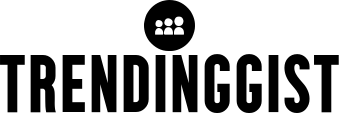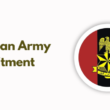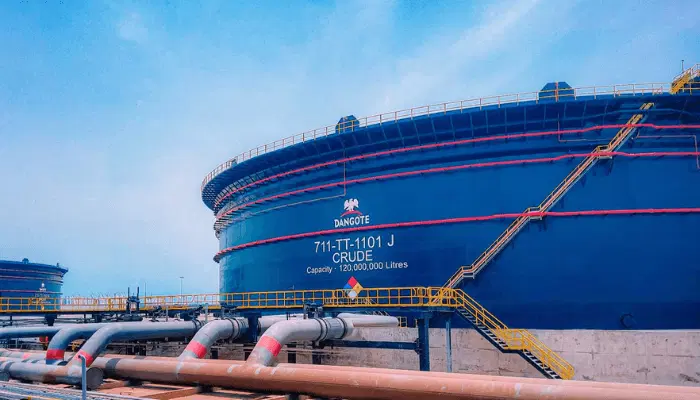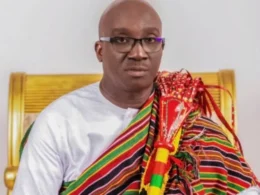September 5, 2024 — Despite the recent increase in petrol prices by the Nigerian National Petroleum Corporation (NNPC) Limited and the announcement of petrol distribution from Dangote Refinery’s $20 billion facility, long queues at filling stations persist across the country. The situation has been exacerbated by a shortage of available fuel at many stations and rising black market prices.
In Abuja, observations revealed that very few filling stations were operational, and black marketers were reportedly selling petrol at exorbitant rates of up to N1,500 per litre. This comes just days after the NNPC raised the pump price, adding to the ongoing supply issues.
Dangote Refinery, which was expected to play a significant role in alleviating the fuel shortage, has yet to commence the distribution of petrol. The refinery’s Group Chief Branding and Communications Officer, Anthony Chiejina, confirmed that NNPC, designated as the sole off-taker of the refined petrol, has not yet begun lifting the product. Dangote Refinery is still negotiating contract terms with NNPC.
Chiejina clarified that Dangote Refinery does not set petrol prices as the sector is regulated by government authorities. “We would like to state that NNPC has not commenced lifting of refined Premium Motor Spirit (PMS), commonly known as petrol, from our Dangote Petroleum Refinery. Therefore, the issue of fixing the price of petrol lifted from our refinery does not arise, as we are yet to finalize our contract with NNPC,” he stated. He urged the public to disregard misleading reports and assured Nigerians of high-quality petroleum products.
Bloomberg reported that the Federal Government is reconsidering its decision to make NNPC the sole off-taker of petrol from the refinery. This reconsideration might allow the refinery to set its own prices, rather than having the government regulate them.
In response to the ongoing fuel shortages and long queues, Adedapo Segun, Executive Vice-President of Downstream at NNPC, suggested that unrestricted and competitive pricing could resolve the issue. Segun, speaking on national television, emphasized that current subsidies at N897 per litre are unsustainable. He advocated for a free market approach where petrol prices fluctuate based on market conditions, similar to practices in other countries.
“The unrestricted free market pricing of PMS is what’s sustainable. This approach would drive competition, improve service quality, and ensure that consumers benefit from better options,” Segun said. He also highlighted NNPC’s efforts to address the fuel scarcity by working with marketers to ensure timely deliveries and efficient operation of filling stations.
However, Chief Chinedu Ukadike, Public Relations Officer of the Independent Petroleum Marketers Association (IPMAN), reported that marketers have not yet received any allocations from NNPC. He expressed frustration over the confusion and lack of information regarding fuel distribution and called for equal access to Dangote products for all marketers.
“We are still waiting for allocations and information. There is confusion everywhere, and we are struggling to distinguish between what is real and what is not,” Ukadike said. He stressed the need for equal opportunities for all marketers, whether major or independent.
As the situation unfolds, the combination of pricing disputes, supply chain issues, and regulatory challenges continues to impact fuel availability and pricing across Nigeria.









